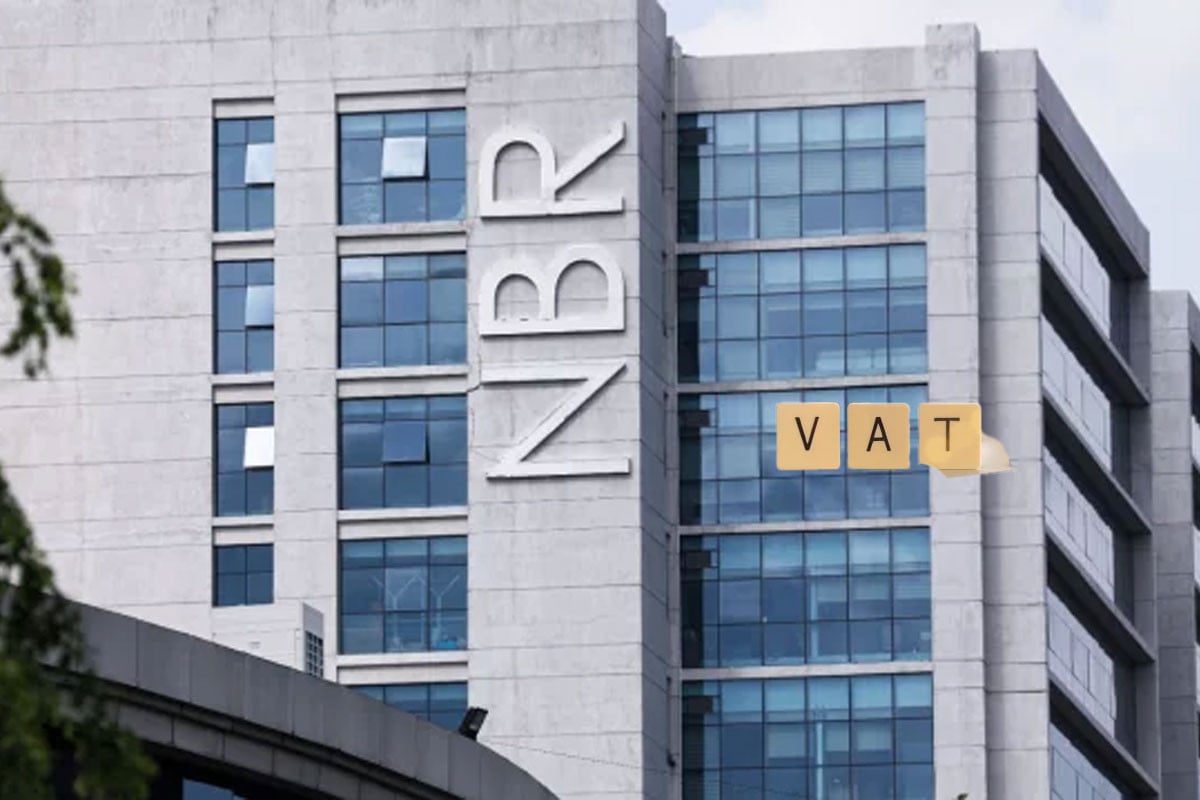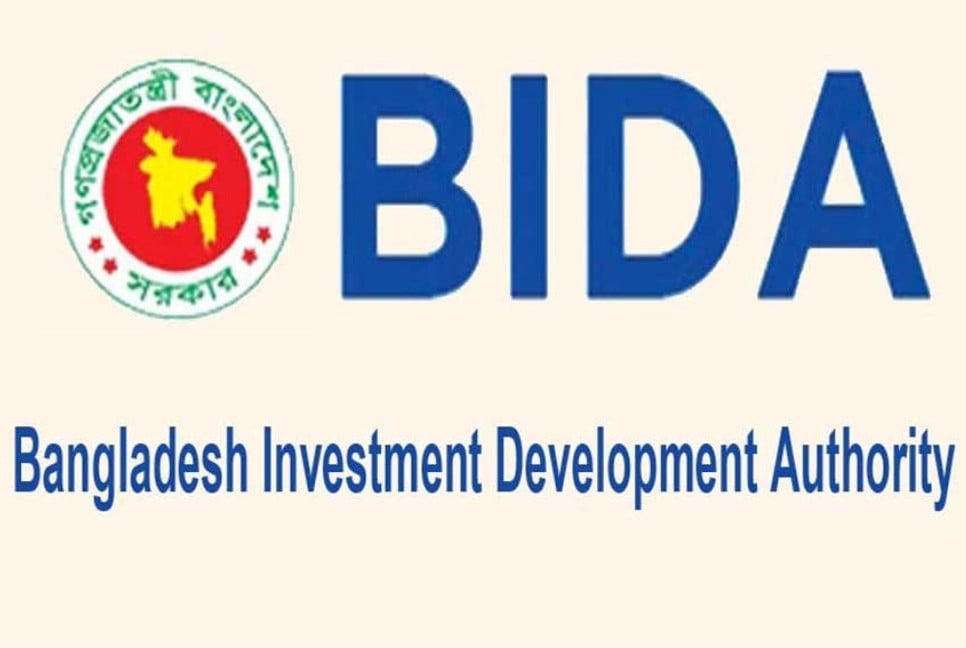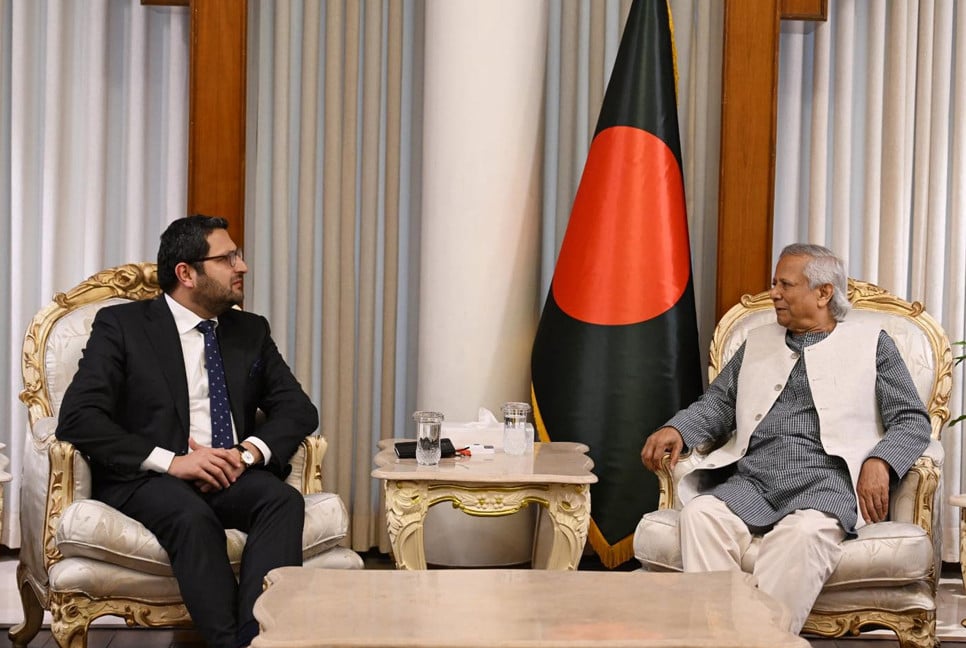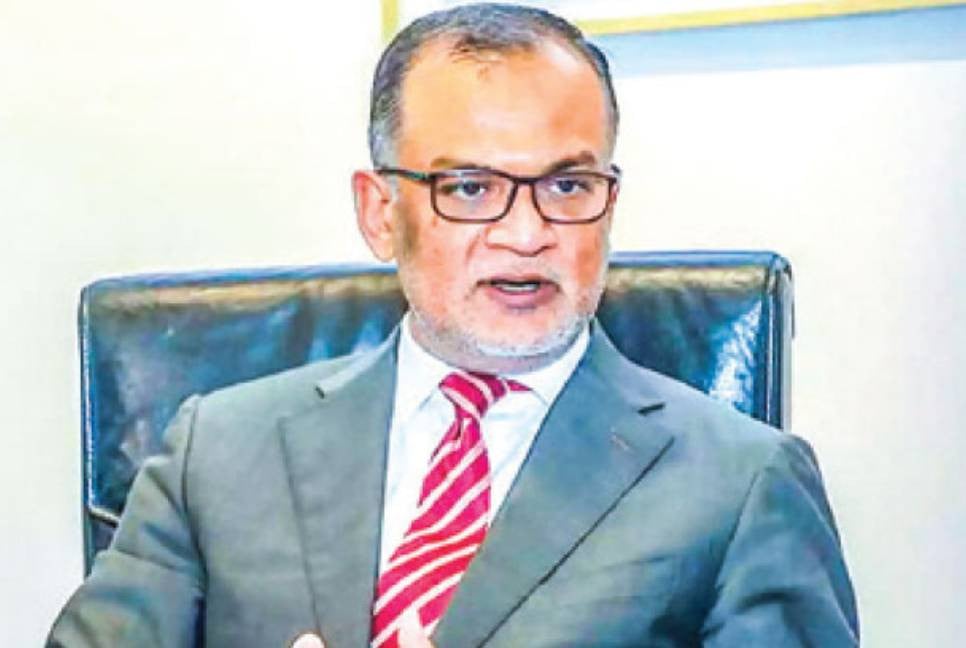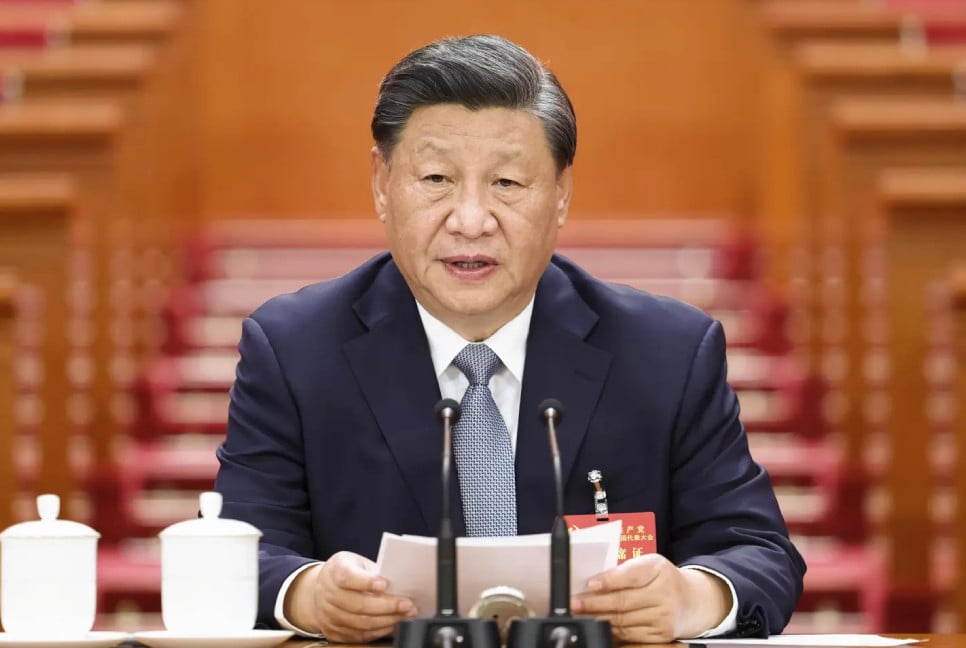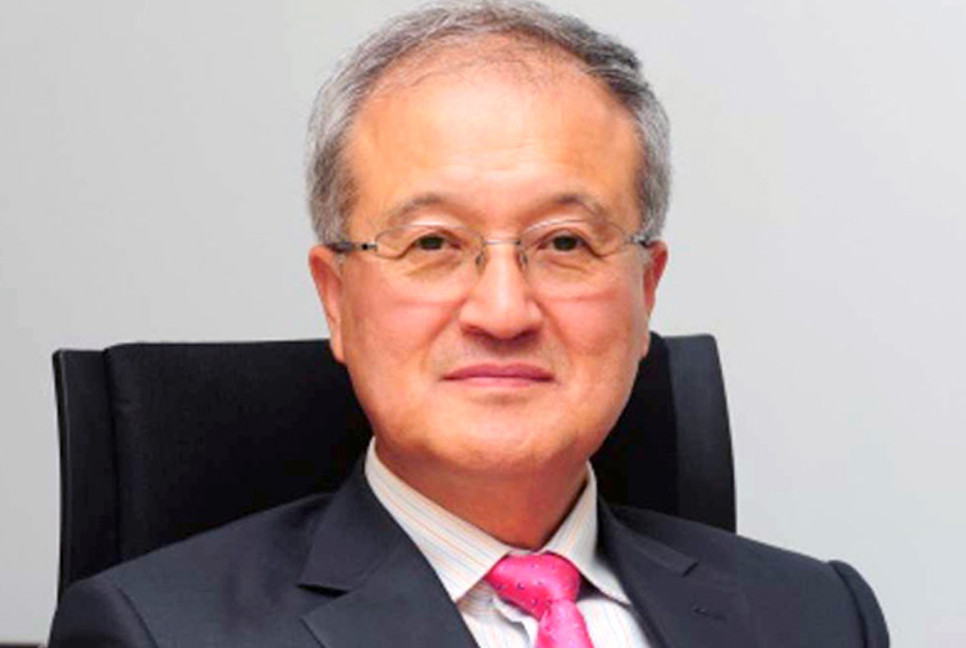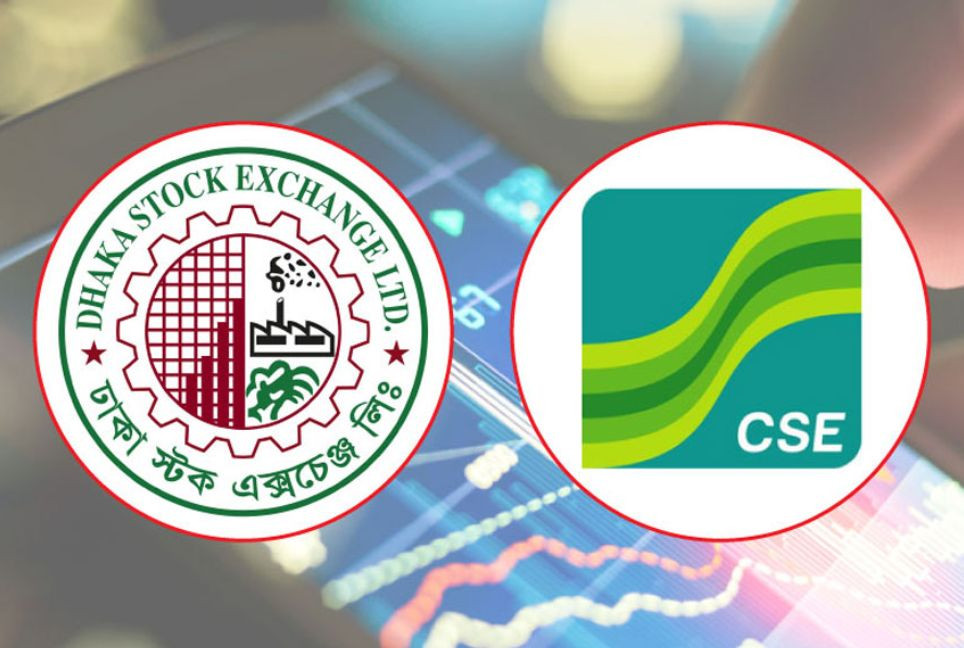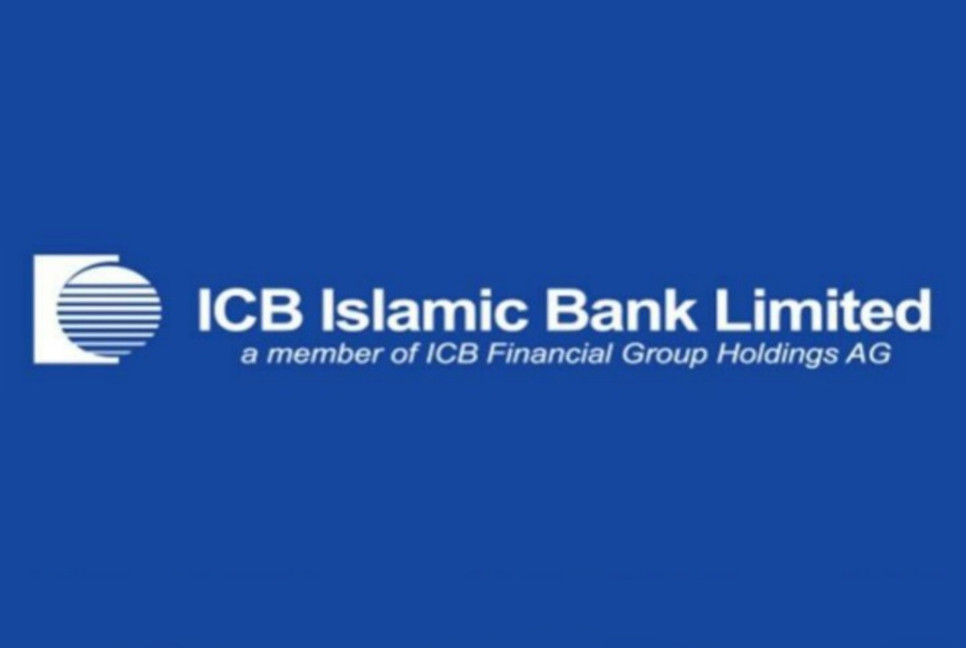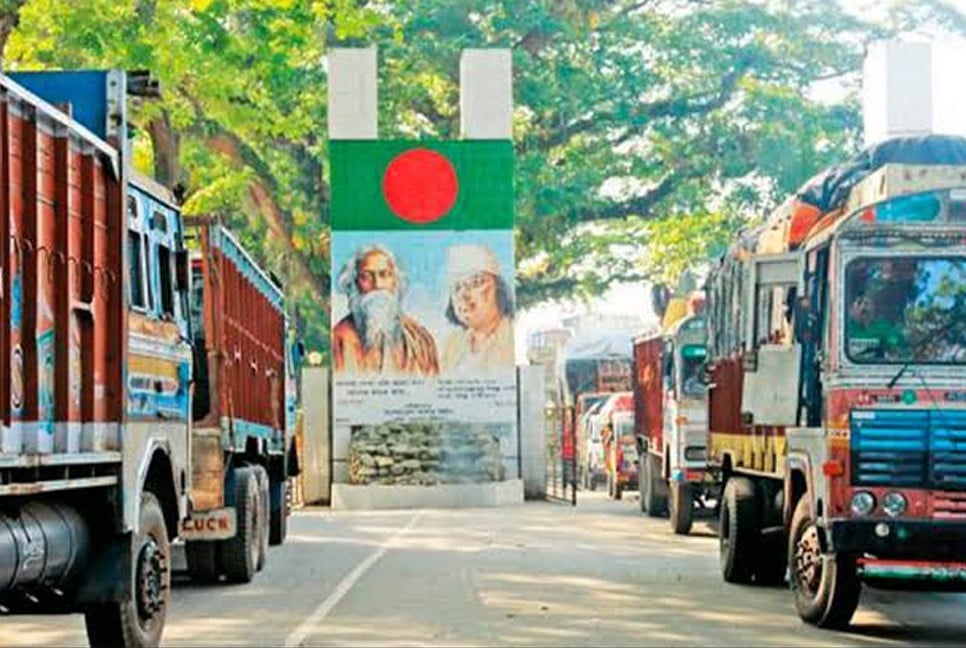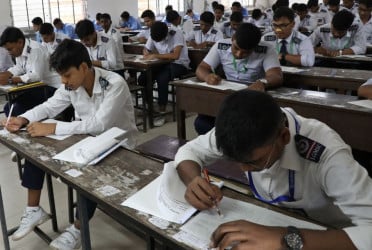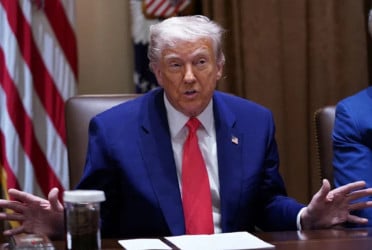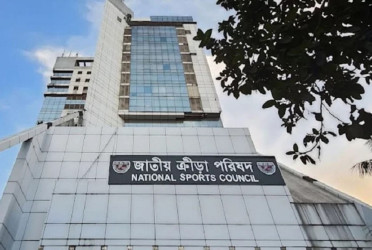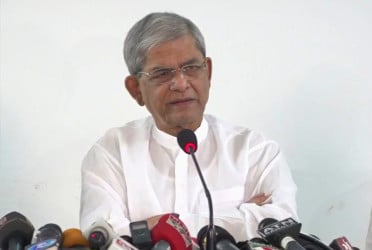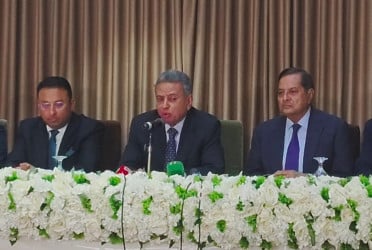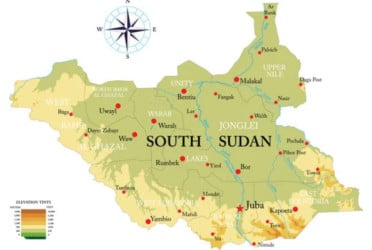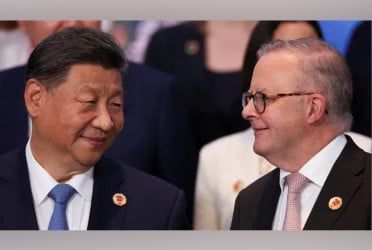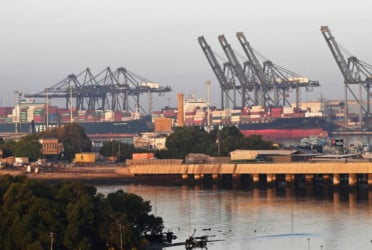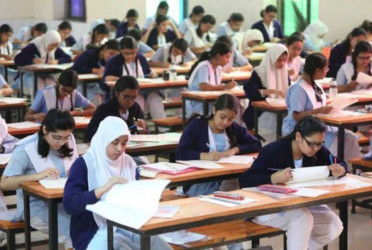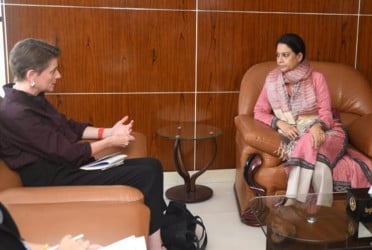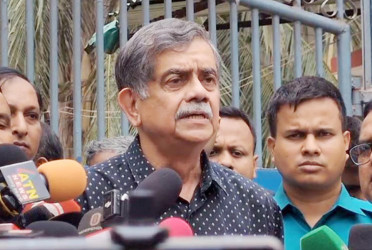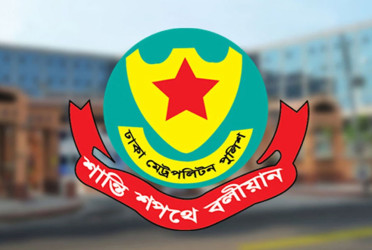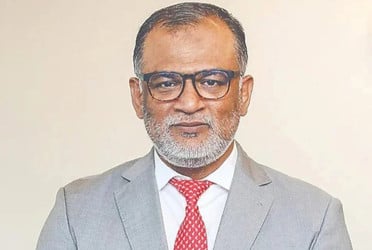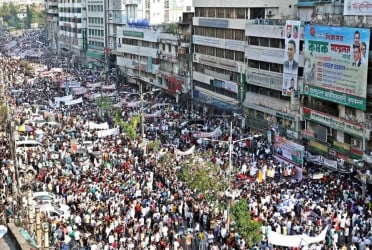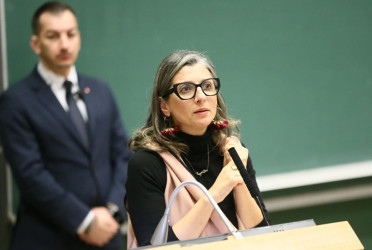The National Board of Revenue (NBR) is focusing on expanding its Value Added Tax (VAT) base as part of efforts to increase revenue collection for Bangladesh's national exchequer. During a recent meeting on Thursday, NBR Chairman Md Abdur Rahman Khan instructed field officials in Dhaka to prioritize the expansion of the VAT base rather than merely reporting growth figures, reports UNB.
"I do not want to hear the word 'growth' anymore, I want to see the expansion of the VAT base," Khan said, urging officials to adopt a more proactive and disciplined approach to revenue generation. He warned officials to change their mindset, stating that failure to do so could result in consequences.
The NBR Chairman stressed the importance of tackling VAT compliance through rigorous measures, including conducting "combing drives" to identify new VAT payers. He emphasized the critical role VAT collection plays in supporting the national economy and urged officials to work as though the entire nation was depending on their performance.
Referring to the tax-paying enthusiasm observed during the 1/11 period, Khan encouraged officials to emulate that same level of commitment in the current context. "We have to handle the situation like that," he stated, aiming to ignite a sense of urgency.
In addition to the combing drives, Khan directed that VAT compliance efforts should not lead to harassment of compliant businesses. He further emphasized the importance of ensuring no business is left out of the VAT system, regardless of its size. The NBR has already rolled out plans to initiate drives in smaller regions to ensure all businesses contribute appropriately.
The government’s broader tax strategy was outlined earlier this year with the passing of the "Value Added Tax and Supplementary Duty (Amendment) Ordinance, 2025" and "Excises and Salt Act (Amendment) Ordinance, 2025," which increased VAT rates on a wide range of goods. However, following protests, the NBR revised these rates to address concerns from businesses and the public.
As part of its ongoing reforms, the NBR is considering the introduction of a uniform VAT rate for all goods and services, pending business community approval. Khan highlighted the challenges with the current VAT system, noting that if the correct mechanisms for input VAT credit and the standard VAT rate were implemented effectively, many businesses could face lower VAT rates of less than one percent.
Addressing the distortions in the VAT system since the 2012 VAT law’s introduction, Khan stated the need to restore discipline and efficiency to VAT operations. "We want to bring discipline to VAT," he concluded, underscoring the need for reforms to drive better compliance and revenue generation across the country.
Bd-pratidin English/ Jisan

